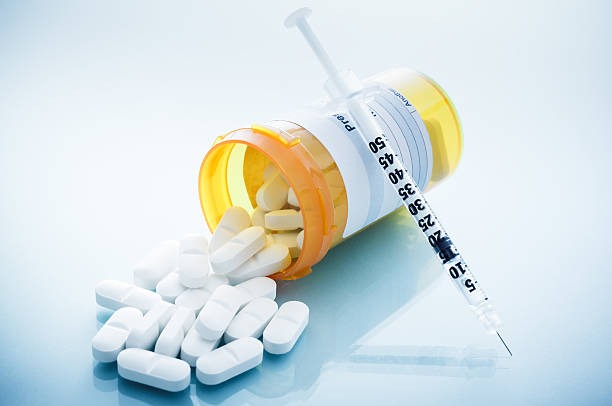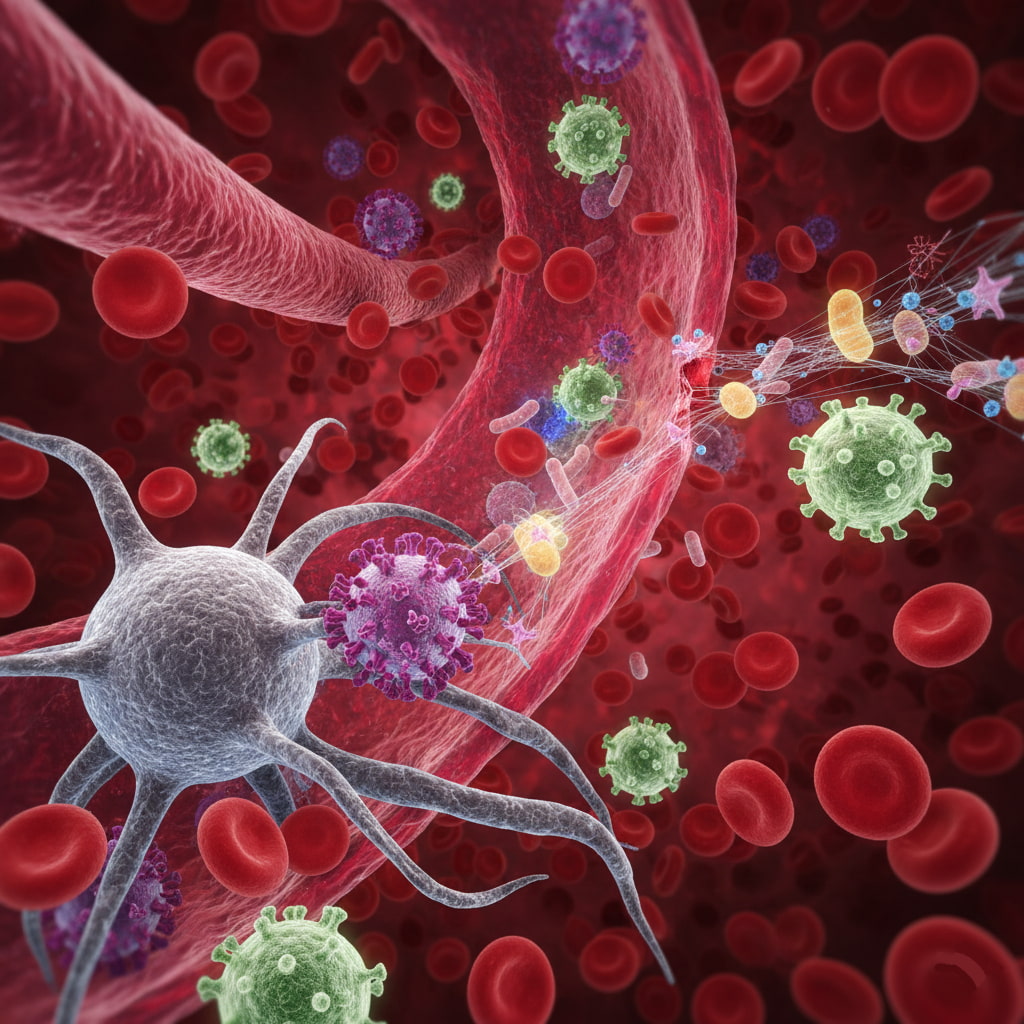Immune System Weakening After a Steroid Injection
Many people get steroid injections. Doctors often use these shots to treat pain and inflammation. Maybe you had a shot for a sore knee or a bad back. Steroids can work wonders for pain. They can calm down angry joints or tissues very fast.
But steroids do more than just fight pain. They also affect your immune system. Immune System Weakening After a Steroid Injection is common.

The immune system fights off germs, viruses, and bacteria. When you get a steroid shot, it can lower your body’s ability to fight. This is called immunosuppression.
You might wonder: “How long am I at risk?” “How long does the shot weaken my defenses?” This is a very good question. The answer isn’t simple. It depends on many things.
What Are Steroids Anyway?
The steroids used in these shots are not the ones athletes use to build muscle. These are corticosteroids. They are like a stronger version of a hormone your body already makes. This hormone is called cortisol. Cortisol helps control inflammation and stress.
When a doctor injects a corticosteroid, it acts like a big, powerful stop sign for your immune cells. It tells them to slow down and stop causing inflammation. This is great for your pain. But it also means those defense cells aren’t working at full speed. They are less able to spot and kill germs/viruses.

The Factors That Change the Timeline
There is no single answer for how long the effect lasts. The time your immune system stays compromised can change a lot. It depends mainly on three things:
1. The Type of Steroid
Doctors use many different kinds of corticosteroids. Some are very short-acting. They are quickly broken down by your body. Others are long-acting. They stay in your body for a longer time.
For example, a drug like dexamethasone might not suppress the immune system for very long. But a drug like methylprednisolone acetate or triamcinolone hexacetonide can last a long time. These are often called “depot” steroids.
The drug is mixed with a substance that lets it dissolve slowly. It hangs around in the tissue for weeks. This keeps the anti-inflammatory effect going. But it also means the immune suppression effect lasts longer.
2. The Dose and Location of the Shot
A higher dose of the steroid will usually cause more immune suppression. It will also last longer. A small dose in a very small joint, like a finger, might not have much body-wide effect.
A larger dose into a big joint, like a knee or hip, or near the spine, can spread more easily. This can affect your whole body’s immune system more strongly.
The closer the injection is to a major blood vessel, the quicker the drug can spread.
3. Your Own Health
Everyone’s body is different. Your metabolism is the speed at which your body breaks down drugs. A person with a fast metabolism might clear the steroid quicker.
A senior or someone with health problems like liver or kidney issues might take longer. Also, if you are already taking other drugs that affect the immune system, the steroid shot might have a stronger effect.
The Typical Timeline
How long is immune system compromised after steroid injection? Let’s look at the general timeframe. This is what most research suggests for the longer-acting, common injections.
Days 1 to 7: The Peak Effect
This is when the steroid is most active. Pain relief is often at its best. Immune System Weakening After a Steroid Injection is also at its highest level. You are most vulnerable to infections during this first week. This is why doctors often warn people to watch for signs of infection right after the shot.
Weeks 1 to 4: Slow Decline
The level of the steroid in your system begins to drop. The anti-inflammatory effect slowly lessens. Your immune cells start to wake up. They begin working more normally. For many people, the body-wide effects of a single, standard-dose injection are mostly gone by the end of two to four weeks.
Beyond 4 Weeks: Getting Back to Normal
For most people, the immune system is usually back to its pre-injection strength after about a month. However, for very high doses or certain types of long-acting (depot) steroids, the effects can linger a bit longer. Some studies suggest a full return to normal can take up to six weeks or maybe even longer in rare cases.
It is important to understand: a low level of steroid may stay in the injection site for months. This keeps the local inflammation down. But the systemic (whole-body) immune suppression is generally short-lived.
Important Things to Remember
You should take extra care of yourself after a steroid shot.
- Wash your hands often. This is your best defense against germs.
- Avoid sick people. Try not to be around anyone with a cold or the flu.
- Get good sleep. Rest helps your immune system work its best.
- Eat healthy food. A good diet supports your body’s recovery.
- Do not ignore a fever. A fever is a sign of infection. Call your doctor right away if you get a fever, chills, or new severe pain.